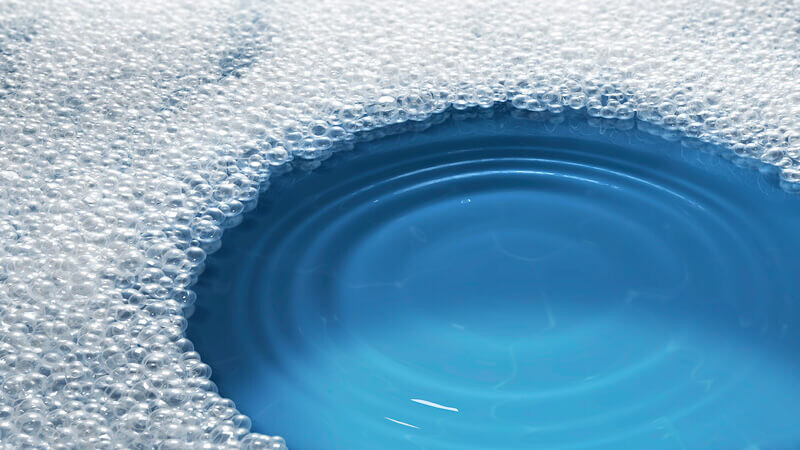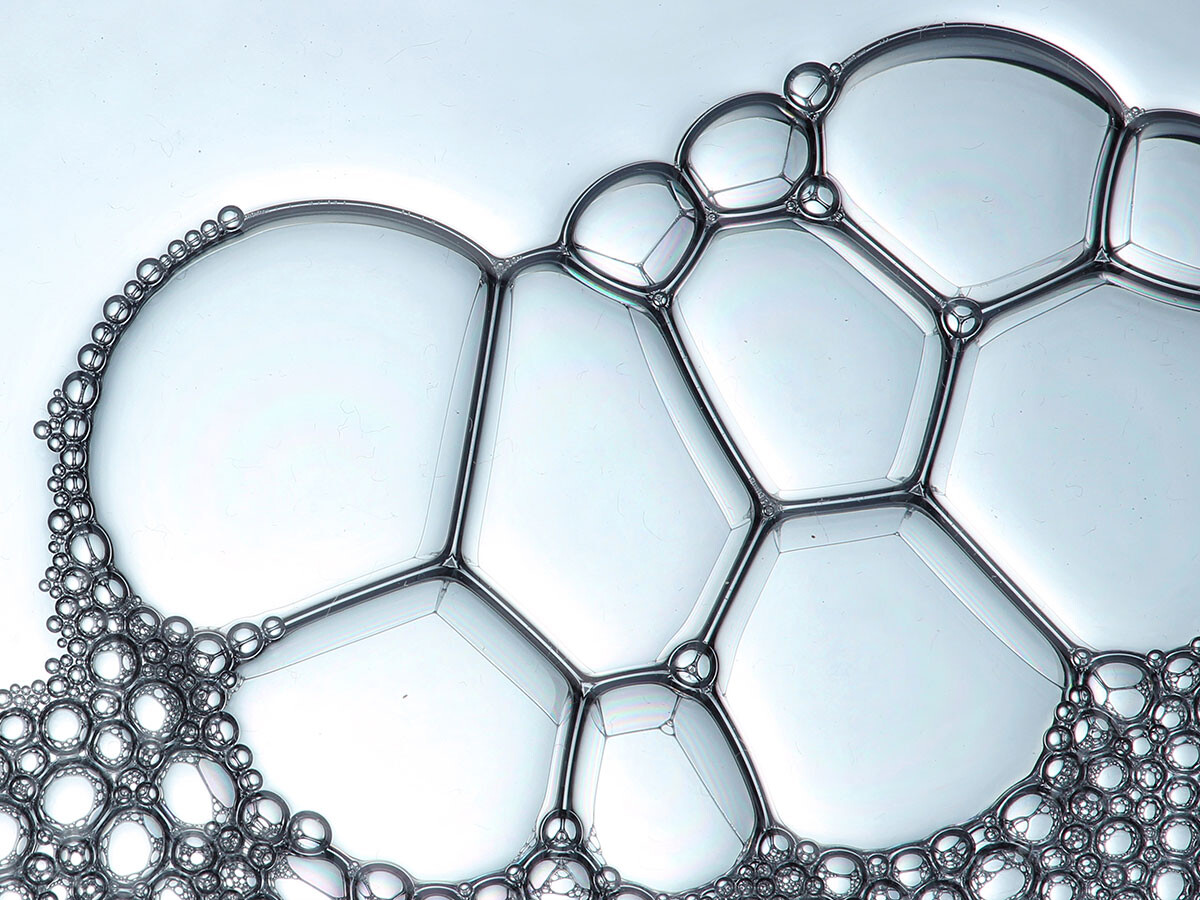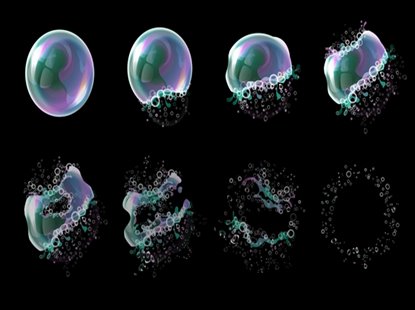Choosing the Best Defoamers for Your Manufacturing Line
Choosing the Best Defoamers for Your Manufacturing Line
Blog Article
The Role of Defoamers in Enhancing Product Top Quality and Efficiency
In various making processes, the presence of foam can considerably prevent item quality and operational efficiency. Defoamers offer as necessary additives that minimize this problem, making certain smoother production workflows while boosting the aesthetic and useful attributes of the end products (defoamers). Their application spans a multitude of sectors, from food and beverage to drugs, where consistency and integrity are extremely important. The selection of the suitable defoamer can be essential to achieving ideal outcomes, increasing vital questions regarding formula compatibility and efficiency metrics that merit additional exploration.
Recognizing Defoamers
Understanding the role of defoamers is important for keeping product high quality throughout various industries. Defoamers are chemical additives made to decrease and avoid the formation of foam in fluid systems, which can negatively impact processes such as blending, filling, and surface stress. Lathering can result in inadequacies, product issues, and compromised aesthetic charm, making defoamers an important element in producing procedures.
In industrial applications, defoamers aid to enhance product uniformity and stability. In the paint and finishes market, foam can interfere with the application procedure and the final finish. Similarly, in food and drink manufacturing, too much foam can prevent bottling and product packaging efficiency (defoamers). The effective use defoamers not only ensures smoother manufacturing processes but likewise adds to exceptional item performance.
In addition, the choice and formulation of a defoamer have to line up with details application demands, such as compatibility with various other ingredients, performance under varying temperature level and pH conditions, and possible regulatory restraints. Eventually, recognizing defoamers' features and their significance in various solutions is critical for enhancing production and making sure the best quality end products.
Types of Defoamers
Defoamers can be categorized into a number of kinds based on their structure and device of action. The key types consist of silicone-based, non-silicone organic, and not natural defoamers.
Silicone-based defoamers are amongst the most efficient, mostly because of their capacity to spread quickly on the liquid surface and interrupt foam formation. Their special chemical structure permits for remarkable security, making them ideal for high-temperature applications and settings with differing pH levels.
Non-silicone organic defoamers, usually composed of natural oils or fats, are valued for their biodegradability and reduced toxicity. These are commonly used in food and beverage applications where security and environmental effect are vital.
Not natural defoamers, which include compounds like talc or calcium carbonate, act by boosting the thickness of the liquid, therefore decreasing foam stability. They are typically used in commercial processes where compatibility with other materials is not a problem.
Each kind of defoamer has distinctive benefits and restrictions, enabling tailored solutions depending on the particular foaming issues encountered in various applications. Understanding these differences is crucial for optimizing performance and attaining wanted item quality.
Applications Throughout Industries
Many markets utilize defoamers to boost product high quality and functional performance. In the food and drink field, defoamers are crucial in processes such as brewing and dairy production to avoid foam formation, which can result in ineffectiveness and product inconsistency. By controlling foam, manufacturers can ensure far better yield and a more uniform item.
In the pharmaceutical market, defoamers play a vital function in the formulation of fluid medications, where extreme foam can impede blending and accurate dosing. Their usage helps keep the integrity of the solutions and assists in smoother production processes.
The paint and finishes sector also depends on defoamers to improve the efficiency of products during application. By minimizing foam, these ingredients ensure a smoother surface and improve the visual top qualities of the final product.

Advantages of Utilizing Defoamers
While the application of defoamers differs across industries, their benefits consistently enhance item quality and process performance. One substantial benefit is the reduction of foam development throughout producing processes, which can otherwise lead to manufacturing hold-ups and inconsistencies in item top quality. By decreasing foam, defoamers make it possible for a smoother circulation of products, assisting in a lot more effective operations and reducing the likelihood of equipment malfunctions.
Furthermore, the usage of defoamers can enhance the look and appearance of end products. In fields such as finishings, paints, and food processing, excessive foam can compromise the aesthetic looks and overall quality, while the ideal defoamer application makes sure an uniform coating and preferable features. Defoamers can important site contribute to set you back savings by decreasing waste throughout production and optimizing the usage of raw materials.

Choosing the Right Defoamer
Picking the appropriate defoamer is crucial for optimizing production processes and guaranteeing product high quality. The option of defoamer influences not only the effectiveness of foam control however likewise the overall performance characteristics of the end product. Variables to take into consideration consist of the kind of application, the chemistry of the formula, and the environmental conditions under which the product will certainly be made use of.
Different industries might require particular defoamer types, such as silicone-based, natural, or polymeric defoamers. Recognizing the more information compatibility of the defoamer with the main ingredients is necessary to stay clear of negative reactions that could endanger product stability. Additionally, the defoamer's effectiveness in numerous temperatures and pH levels must be examined to make sure constant efficiency.
Examining the defoamer in small-scale applications can give important understandings into its efficiency and viability. Factor to consider of regulative compliance, particularly in food, drugs, and cosmetics, is vital in choosing a defoamer. Ultimately, a detailed evaluation of these variables will certainly result in the option of a defoamer that not only manages foam properly however also boosts the quality and performance of the end product.
Conclusion

To conclude, defoamers are crucial additives that considerably boost item quality and efficiency throughout numerous sectors. By effectively minimizing foam development, these agents not only improve operational effectiveness however likewise add to the visual and functional integrity of products. The tactical choice and application of defoamers result in cost savings, enhanced resource use, and enhanced client contentment. On the whole, the relevance of defoamers in commercial procedures can not be overemphasized, as they play a crucial function in accomplishing high-grade and regular end results.
Foaming can lead to inadequacies, product flaws, and endangered aesthetic charm, making defoamers an essential component in producing operations.

Report this page